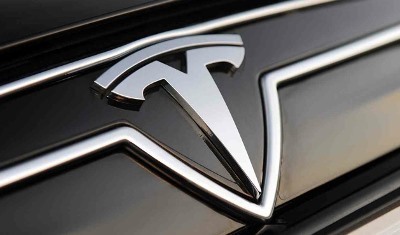How True Innovation Requires a Business Model Transformation
Tesla Motors (an electrical car-maker) is one of the hottest hardware start-ups in the US at the moment. The CEO Elon Musk is one of the stars of the new economy. Apart from the innovative quality of their product (if you have the opportunity, visit one their showrooms!), and of the underlying technologies (some say that the battery technology is going to be even more important than the cars themselves) the most interesting part of this long term experiment is how Tesla has to upend the well-set business model of car selling to be successful.
 It appears that there are strong regulations in the US about the fact that cars would need to be sold through franchised car-dealerships and this creates all sorts of weird market effects. Tesla is currently battling to topple these old-fashioned regulations, and might well eventually win at that game, although that will take long consistent efforts (see Bloomberg’s paper on “Can Tesla Topple the Car Dealer Monopoly” and this post “Tesla versus the rent-seekers“). In the meantime there are strong legal cases based on old-fashioned regulations that prevent the start-up to effectively deploy its business model.
It appears that there are strong regulations in the US about the fact that cars would need to be sold through franchised car-dealerships and this creates all sorts of weird market effects. Tesla is currently battling to topple these old-fashioned regulations, and might well eventually win at that game, although that will take long consistent efforts (see Bloomberg’s paper on “Can Tesla Topple the Car Dealer Monopoly” and this post “Tesla versus the rent-seekers“). In the meantime there are strong legal cases based on old-fashioned regulations that prevent the start-up to effectively deploy its business model.
The more general question is: can there be real innovation without disruptive existing business models? Or, is a technical innovation that does not disrupt an existing business model a real transformational innovation?
We can take this question further: can established players really be innovative, because real innovation would challenge their existing business model? For example, in Tesla’s market, could conventional car makers really lead a transformation into electrical cars, because they also need to protect their conventional business and modes of distribution?
I am more and more convinced that true innovation is not technical. It is innovating at the business model level. Look for innovations in that space, because that is really what is changing the world.




